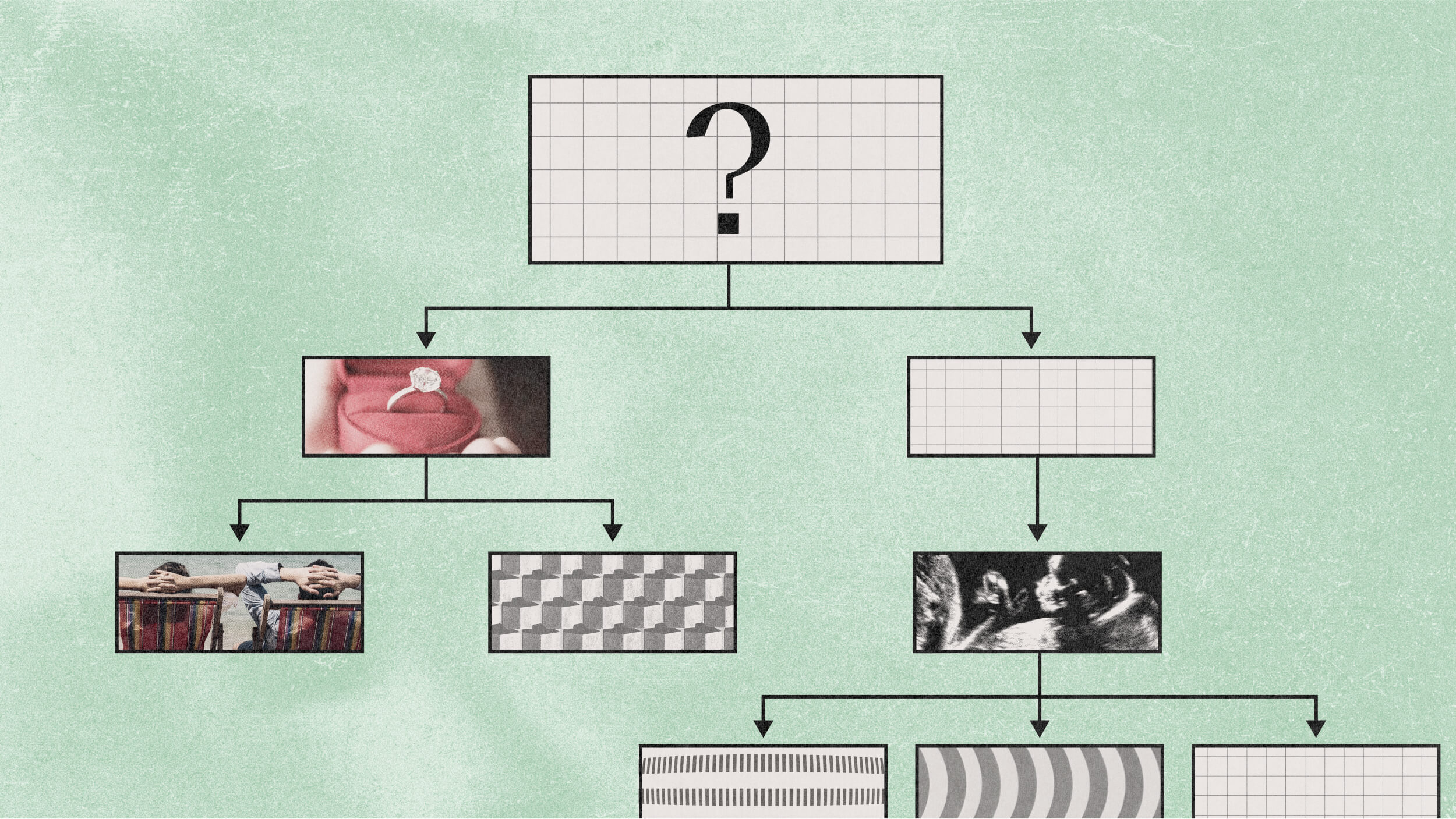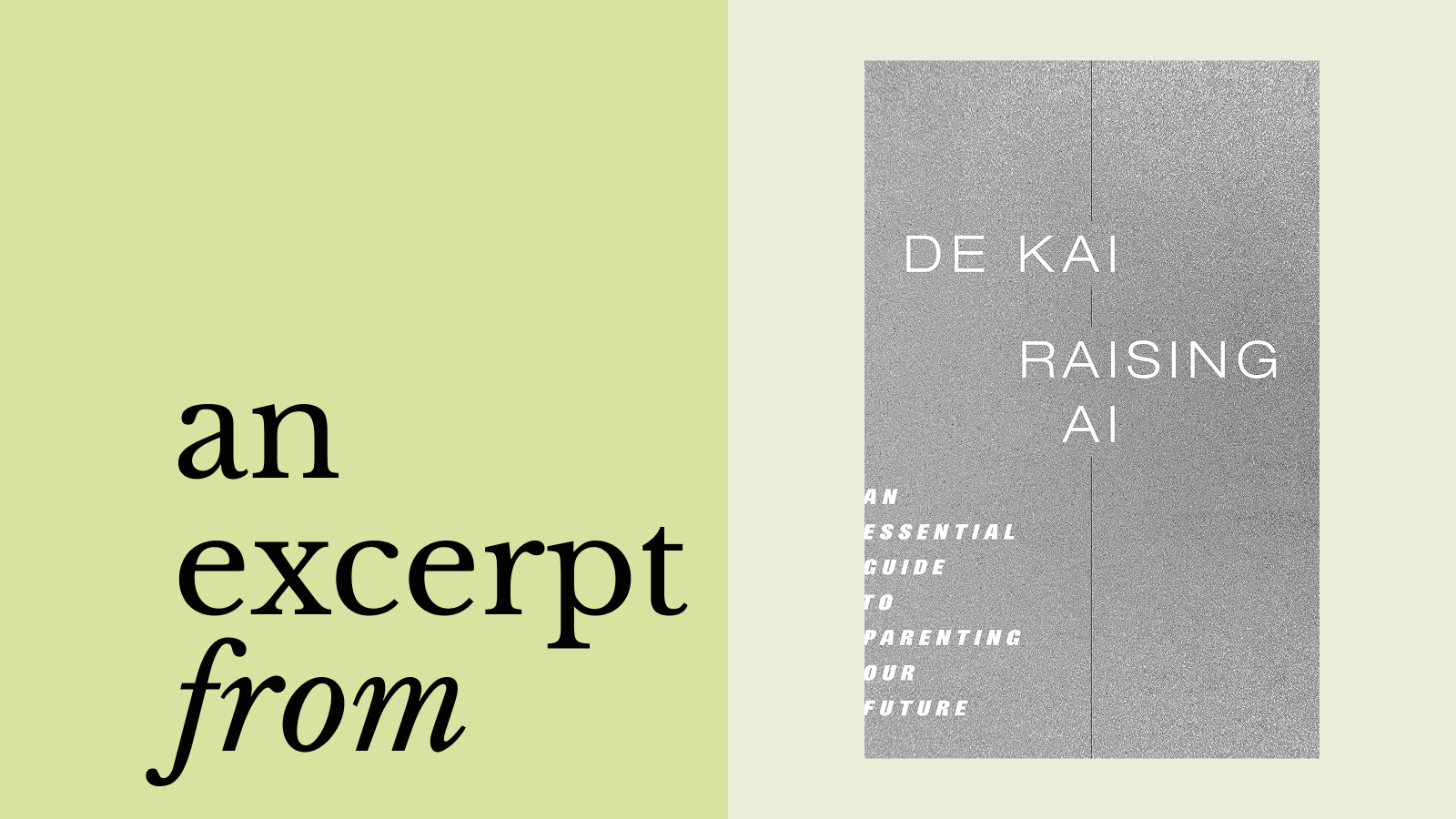How do concrete economic factors stack up against herd behavior, and what is the media’s role in all of this? Thomas Cooley responds.
Question: How do psychological factors affect the economy?
Thomas Cooley: Well, I think that-- that's very good question actually. I'm a big believer in concrete factors. But there is no doubt that there are certain kinds of behavior, economists call it herd behavior, but you see it in financial markets periodically. You see it in housing markets. There's no reason to explain why everybody thought that housing prices would just keep going up and up other than that they did believe it. And so there's no doubt that this sort of herding instinct occurs and affects things. But usually things like that come back to earth. So just as asset price bubbles always break and things come back to more rational valuations, so I think herd behavior eventually works its way out of the system. So, you know, I think consumer sentiment matters, it matters a little bit, it's not the most important thing. Fundamentals are most important.
Question: Does the media fan the flames of herd behavior?
Thomas Cooley: Well, I think the media does tend to fan the flames of herd behavior because, you know, it's-- dramatic news is good news, not more so than good news is good news. So I think that's an issue. But I also think that government policy tries to counteract herd behavior sometimes. By responding to what markets expect. So when people are in a panic, they look to the government to do something and often times the government at least talks about it.
Recorded: 3/21/08





